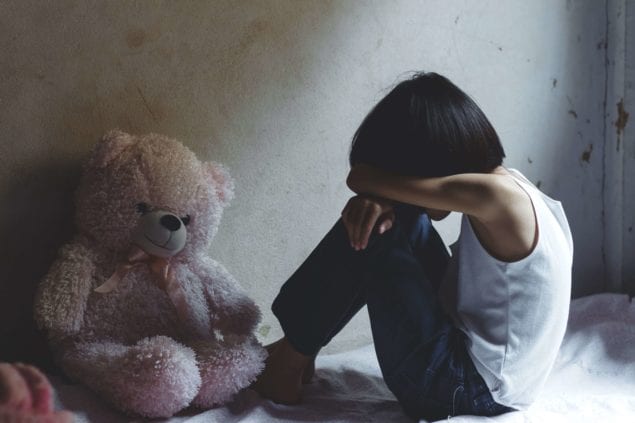Adverse childhood experiences (ACEs) are known to lead to a number of negative health and behavior outcomes, including delinquent and criminal behavior. A new study has found exposure to adverse childhood experiences is also associated with lower self-control in teenagers, especially when those experiences are related to maltreatment.
Researchers in Florida and Michigan found that a greater variety of adverse experiences in childhood leads to lower levels of self-control in later years, particularly experiences that reflect exposure to abuse, neglect and family violence. Other experiences related to household dysfunction, such as substance abuse and mental illness in the family, separation or divorce and parental incarceration, were also found to be detrimental for self-control but to a lesser degree than the maltreatment-related ACEs.
“Decades of research tells us that having good self-control can have impacts on physical and mental health, education and employment outcomes,’’ said Ryan Meldrum, associate professor in the Department of Criminology and Criminal Justice and the lead author of the study. “Given this, understanding the factors that may contribute to deficits in self-control is critical. Even though we approached the topic through a criminological lens, the findings of our study are relevant to a number of disciplines, including public health, sociology and education.’’
Funded in part by a grant from the Centers for Disease Control and Prevention, the study was a joint effort by researchers from the Steven J. Green School of International & Public Affairs at Florida International University, Florida State University, Wayne State University, Eastern Michigan University and Michigan State University.
ACEs are potentially traumatic events such as abuse, neglect or witnessing family violence, as well as growing up in a household with substance abuse, mental health problems or instability due to parental separation or incarceration. These experiences have been linked to chronic health conditions and early death. As the number of these experiences increase, so does the risk for these outcomes.
The researchers looked at two distinct populations: a sample of youth from metropolitan Detroit and a high-risk sample of youth detained in juvenile justice facilities in Florida. They observed the same pattern of poor self-control linked to a greater number of adverse childhood experiences between both groups.
“The idea that childhood adversity may contribute to negative outcomes later in life, including poor physical health, poor mental health, and involvement in delinquent and criminal behavior, isn’t necessarily a new argument,” Meldrum noted. “What is new, however, is the efforts being made to understand the processes through which adversity can lead to these bad outcomes.”
The finding that cumulative childhood experiences affect self-control has important policy implications, including the need to expand evidence-based programs that can prevent such experiences, Meldrum said.






